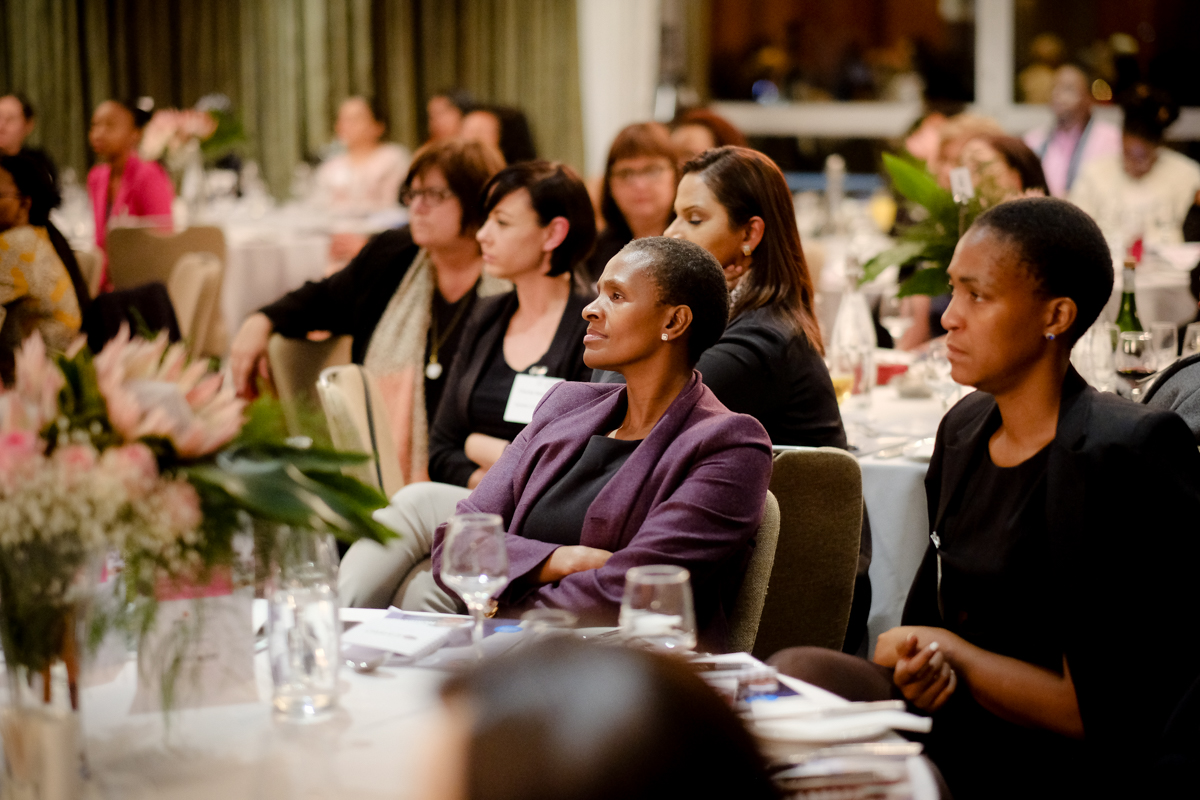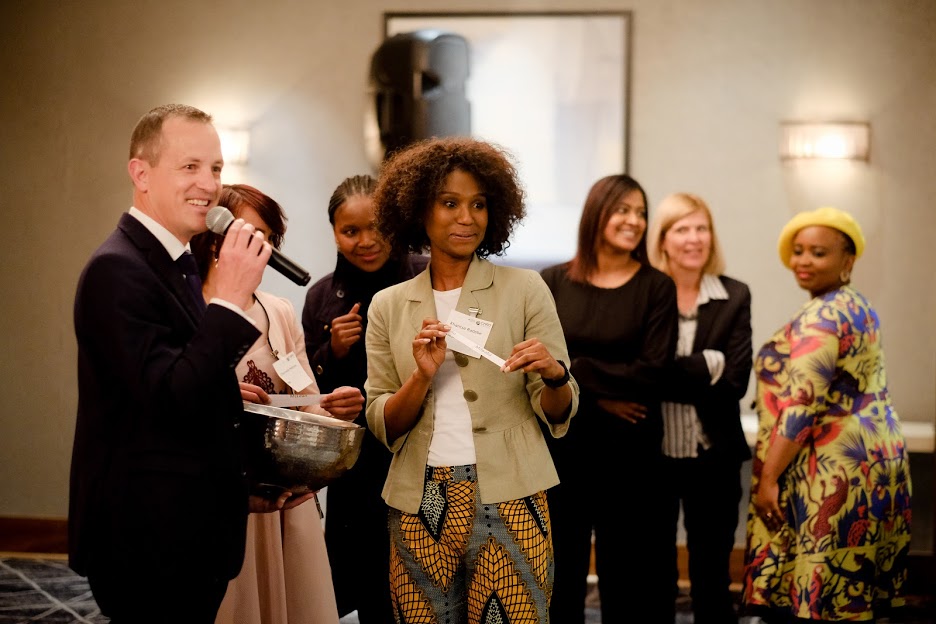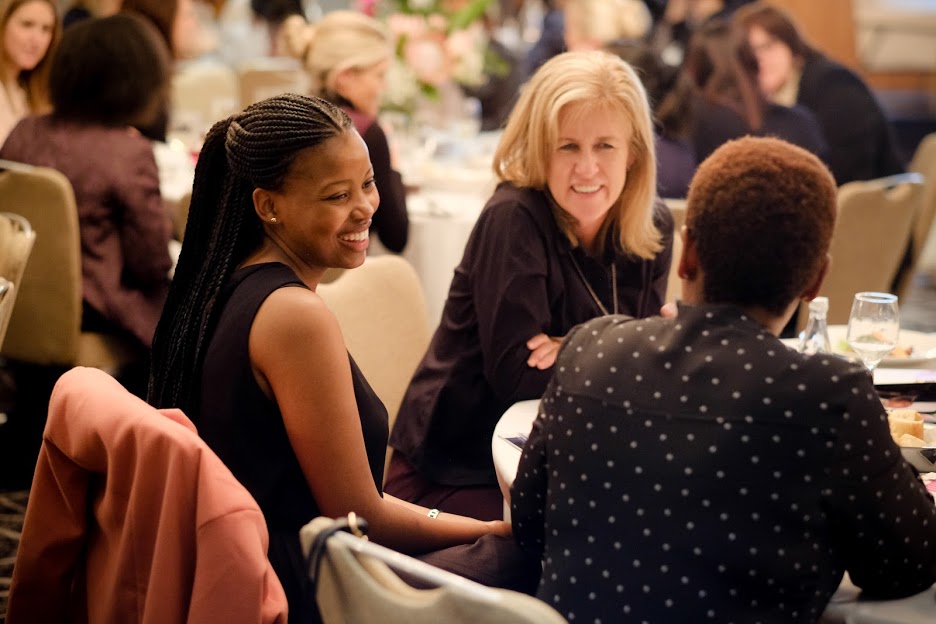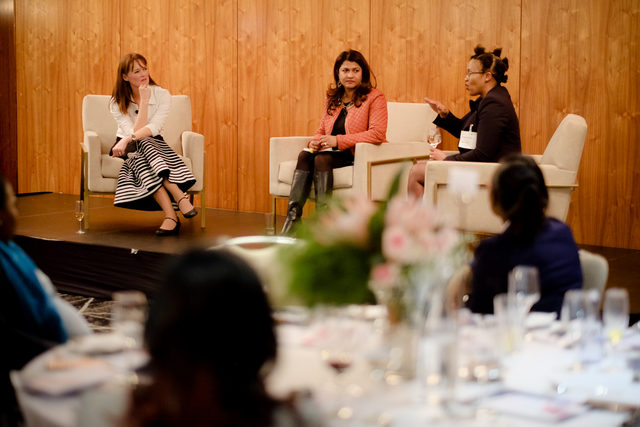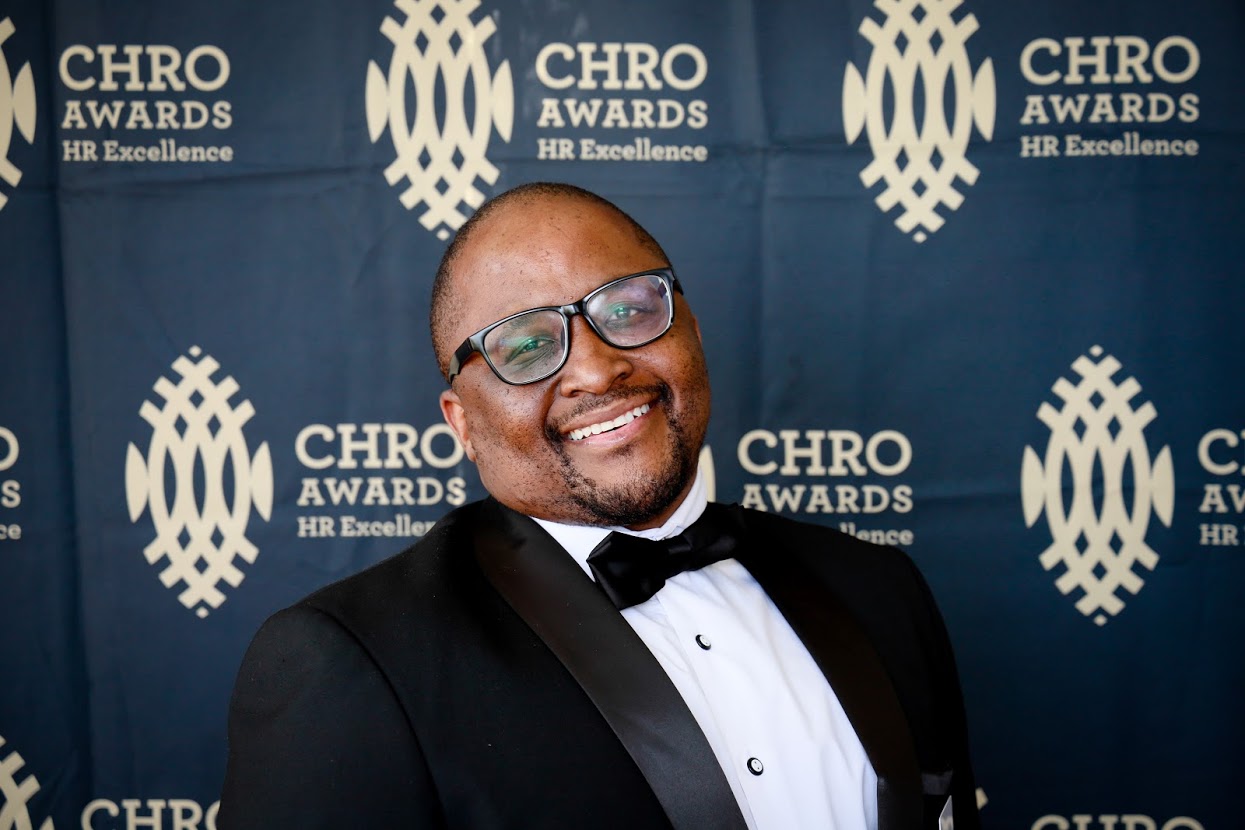Corporate South Africa's female leaders in finance and HR enjoyed an inspired dinner and conversation about women in the workplace.
More than a hundred female business leaders and mentees from the finance and HR professions came together on an evening all about empowering women in the workplace. CHRO SA and brother company CFO SA jointly hosted an evening at the Radisson Blu hotel in Sandton where ladies discussed the challenges they had faced as leaders and looked at ways to clear the path for more ambitious young women who want to achieve their goals.
The conversation was led by Inge Walters, the founder of Eve Learning, a company which specialises in women's leadership development. She said that, while improvements had been made towards having more female representation at senior and executive levels of business, progress had been insufficient. 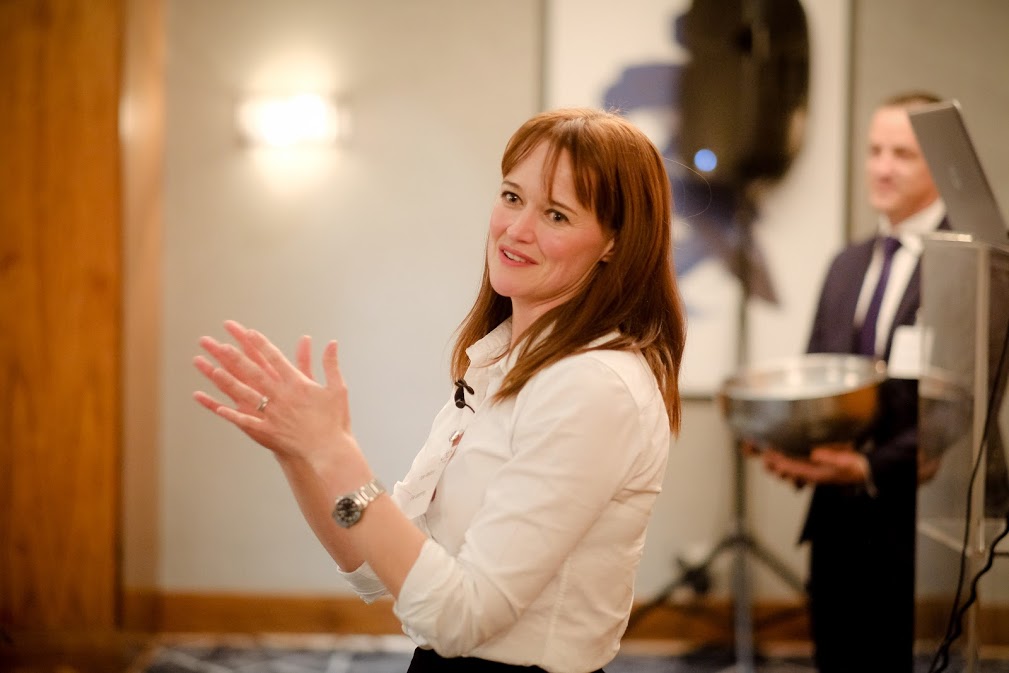
"In Africa, five percent of CEOs are women, 29 percent of senior managers are women and 36 percent of promotions go to women. It is slightly better than where we were 10 years ago but if we want to see real gender equity, that rate of change is simply not good enough," said Inge.
As someone that specialises in the development of female leaders, she gave a few pointers on what it takes to improve gender diversity. The most important element is to have a commitment from top-level management towards the advancement of women in the organisation. She said that, unless it was coming from the top, women would never be able to overcome some of the challenges they faced in the workplace because the culture of any organisation comes from the top.
"The companies that do it well make diversity a top priority and they anchor gender diversity strategies in a compelling business case. They are not doing it for the greater good or as some form of corporate social responsibility but because there are positive financial implications of having a more diverse workforce and leadership team. Those companies also confront limiting attitudes and unconscious biases towards women in the workplace and, lastly, they implement fact-based transformation strategies."
[chro-cta slug=hr-indaba-cpd-tv]
It's a confidence thing
The evening, which was sponsored by Workday, PwC and Transparent, saw female leaders and their mentees networking and having frank conversations about what it takes to become successful in a world still dominated by men. Among the views shared by attendees was that women often have the same ambition as men do but lack the confidence to go out and achieve those ambitions. This is what sometimes causes women to accept being overlooked for promotions or even shy away from putting their own names forward.
In the panel discussion, AngloGold Ashanti CFO Christine Ramos and Barloworld Group Executive for Human Capital, Audit and Corporate Affairs Tantaswa Fubu shared personal stories about their careers' journies and the theme of self-confidence was recurring one.
Tantaswa talked about how she opted out of putting her name in the hat to be considered for a different executive role because she felt that she didn't have support from the board. However, it was only after someone on the board had asked her who she had consulted to arrive at that conclusion that she realised it was unwarranted.
"It dawned on me that I had decided on my own that I did not have the support without checking in specifically with other women and the women on the board," she said.
Mentorship on steroids
Christine concurred, saying that affirmation was so important in order for people to advance because one needs to believe in one's self to achieve their goals.
"I don't think enough women do enough for others. In my career, the people who have been my sponsors and mentors have mostly been males. We have a responsibility to those that come after us to open doors for them," said Christine.
Tantaswa also said that a large part of empowering women was about connecting them with people who believe in them. And all women were in agreement that they needed to have someone in their corner who could encourage them in moments of self-doubt and fight for them when they are facing challenges too big to tackle on their own. They needed to find and be sponsors. These are people who are willing to make a concerted effort to help open the doors for someone they believe has potential.
Tantaswa shared a story about how she had a sponsor who went from being her boss to her subordinate. He had seen something in her and encouraged her so much that even when he eventually had to report to her, he still supported her.
"This is the difference between sponsorship and mentorship. It is when someone has skin in the game. It’s almost like mentorship on steroids," said Inge.
Sponsorship is what the entire evening was about. Before dinner was served, each of the mentees drew names from a hat and had to ask that leader whose name they drew for sponsorship. It was an activity that had the room buzzing with energy and had everyone engaged.
